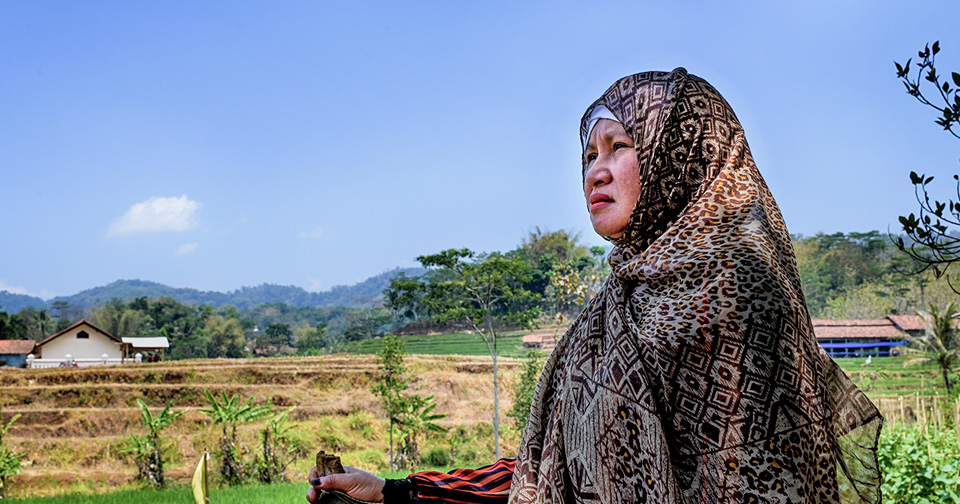Journeys out of the Ordinary | Nurhayati's story
Date:

I was the first person in my family to go and work abroad and I was excited and eager to help my parents build a house with the money. I went to Saudi Arabia in 2003 and worked there for three years as a domestic worker. My employers were kind to me, but after a year the younger brother of the employer came home from college, and he started to harass me and touch me. And then he raped me.
I told my employers, but they didn’t believe me. And I couldn’t leave because they had my passport and I didn’t have a contact person or any phone numbers to get help. I hadn’t received any pre-departure training either, so I didn’t know my options.
I stayed in that situation for three years, and when I got home to Indonesia, I couldn’t tell anyone what had happened to me. I knew that people would talk about me and accuse me of being a “bad woman”.My family noticed that I was more quiet and serious than usual. But they thought it was because I had learned how to act that way while I was away. Yet it was my painful secret.
Then, in 2011, I was diagnosed with cancer and I received treatment from the community health centre. I had two children, and we were very poor, so I decided to migrate again, this time to Hong Kong.When I arrived in Hong Kong, the agent picked me up and took me to an accommodation for three days. There I had to share a room - and a plate - with dogs, and sleep on the floor.
I went to work for a couple, and hey were kind, but my salary was paid through the agent, and I never received it. After five months the couple sent me back to the agent, where again I was forced to stay in the room with the dogs and to collect rubbish every day that the agent would sell to a collector. I spent one month in these humiliating conditions and I didn’t receive any money for this work.
Finally I asked a policeman in the street to help me get my passport back, and he did. I then went to Macau and found another job. My employers there were good people too, and they even helped me with surgery for the cancer. I stayed there for one year, but when my mother fractured her hip, I went home.
All that time I had been sending my salary to my husband, but I found out that he had not been giving the money to my parents like I wanted. He was spending it, and my in-laws were looking after our children. My husband had no job, and he just spent my money.
This ended when I returned home to Indonesia and found the migrant workers’ association. It was like coming out of the darkness and into the light. I could talk to people who had had similar experiences and it made me feel less alone. I could participate in activities like women’s empowerment workshops and activities to access the job market.
Once I get back on my feet, I plan to become more active and help others.
My message to employers and recruiters is: “Women workers deserve respect and should not be sexually harassed or abused. I don’t want any other women to suffer in the same way that I did.”